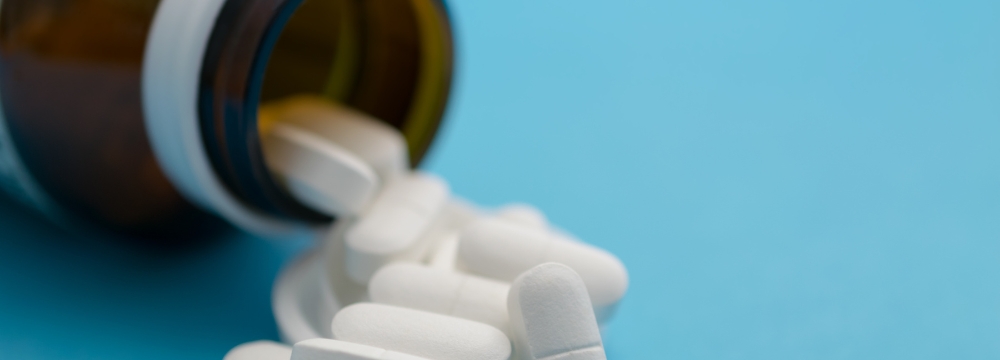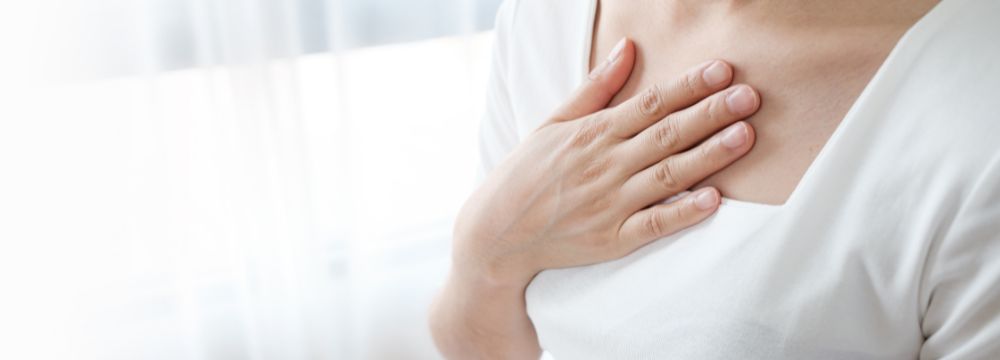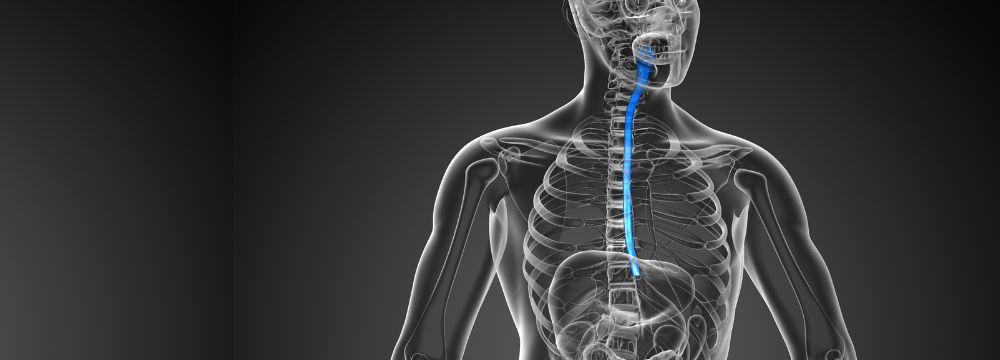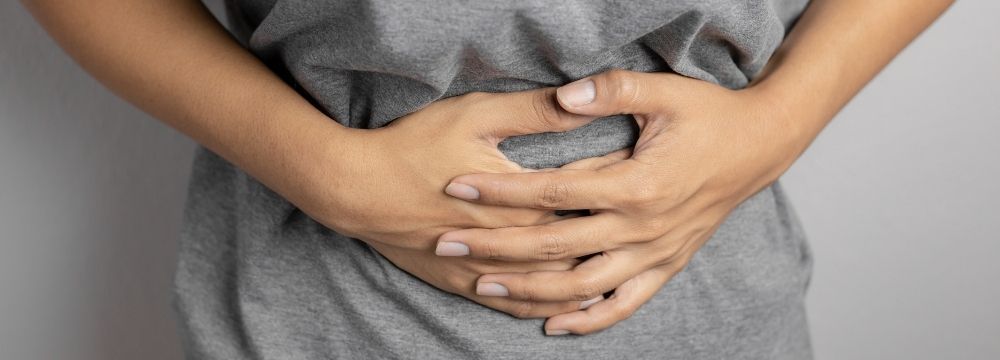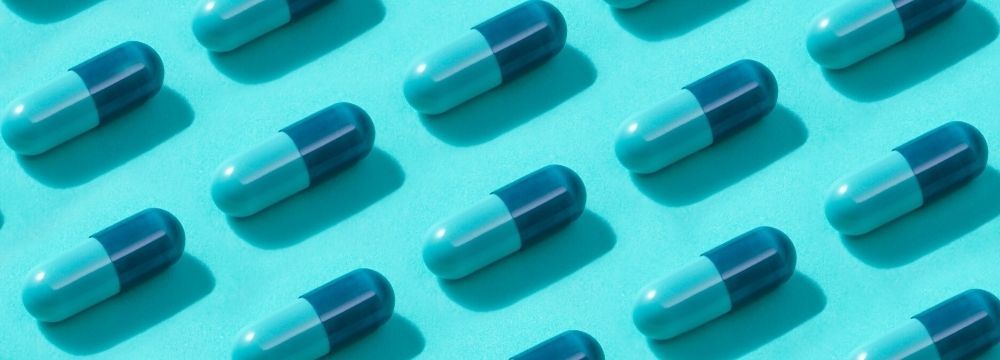GERD
Previously in our blog, we have talked about proton pump inhibitors or PPIs and how they have gone from a temporary solution to acid reflux symptoms to a therapy many patients have continued for months or even years. PPIs come with several long-term side effects, not least of which is the potential for vitamin deficiencies, infection, and bone fractures. As such, we always stress to our GERD patients that surgery is the only true solution to chronic acid reflux. And this is considered if lifestyle change, including improved diet and exercise and losing weight, has not made a difference.
However, another consideration to understand does not revolve around the side effects of PPIs themselves but rather the continued reflux, albeit non-acidic, that a patient will experience while on medication.
Alkalinity is the opposite of acidity. It represents a high pH; interestingly, alkalis can be more corrosive to the esophagus than acids. The best way to analogize this is with an alkaline battery. When your alkaline batteries age, they produce a frothy white substance that can be corrosive to your skin and should be disposed of immediately. The same holds true for your gastric juices while on PPIs. Yes, the PPIs have eliminated or significantly reduced the acid in your gastric juices. Yes, that severe burn that goes along with acid refluxing back into the esophagus has been mitigated, but this doesn’t mean that the remaining contents are not problematic. These newly alkaline stomach contents can also cause long-term problems when there is no acid in the stomach to level it out.
The Bottom Line
Ultimately, reflux is bad, and “acid” is not the only part of gastroesophageal reflux disease. Ultimately, whether acidic or base, gastric juices should not enter the esophagus as they can begin to change the sensitive esophageal lining on a cellular level, increasing the likelihood of a precancerous condition known as Barrett’s esophagus and ultimately heightening the risk of esophageal cancer.
While in an ideal world, we would want all our patients to treat their reflux using diet and exercise, we know that only about 5% of patients successfully do so over the long term. As a result, we encourage patients to consider an anti-reflux surgical option, or if they are suffering from obesity, consider bariatric surgery a viable option for both conditions.
Regardless, a patient should discuss reflux with one of our surgeons to understand how non-surgical weight loss, bariatric surgery, or our two anti-reflux surgical options – the LINX device or fundoplication may make sense as a longer-term solution to this problematic and under-treated condition.

